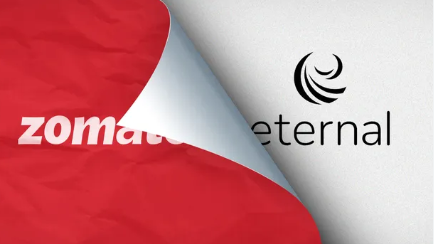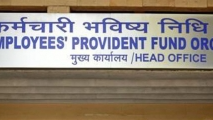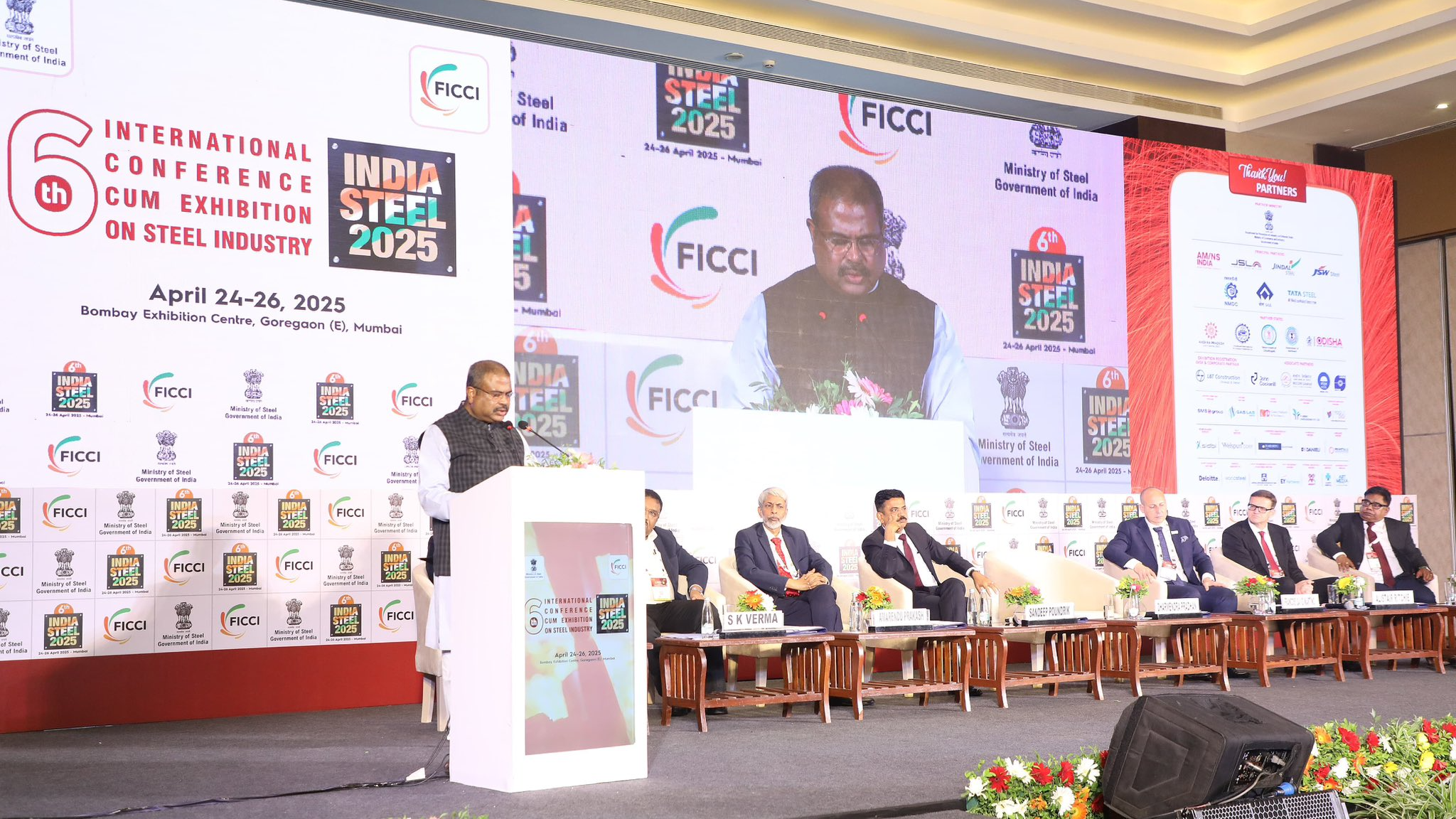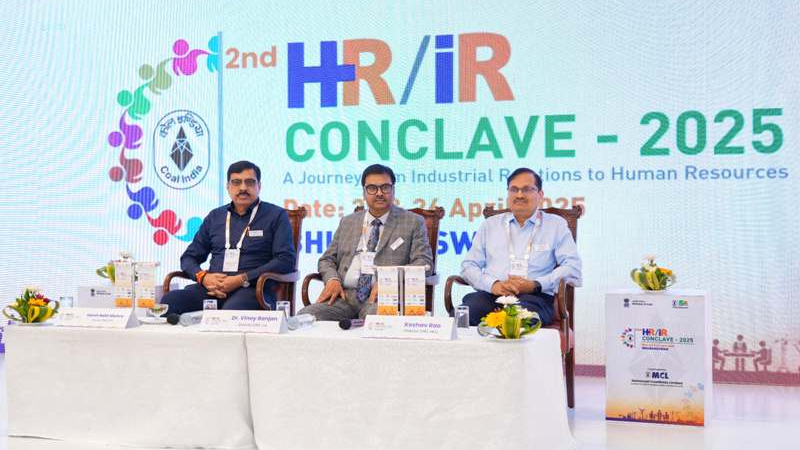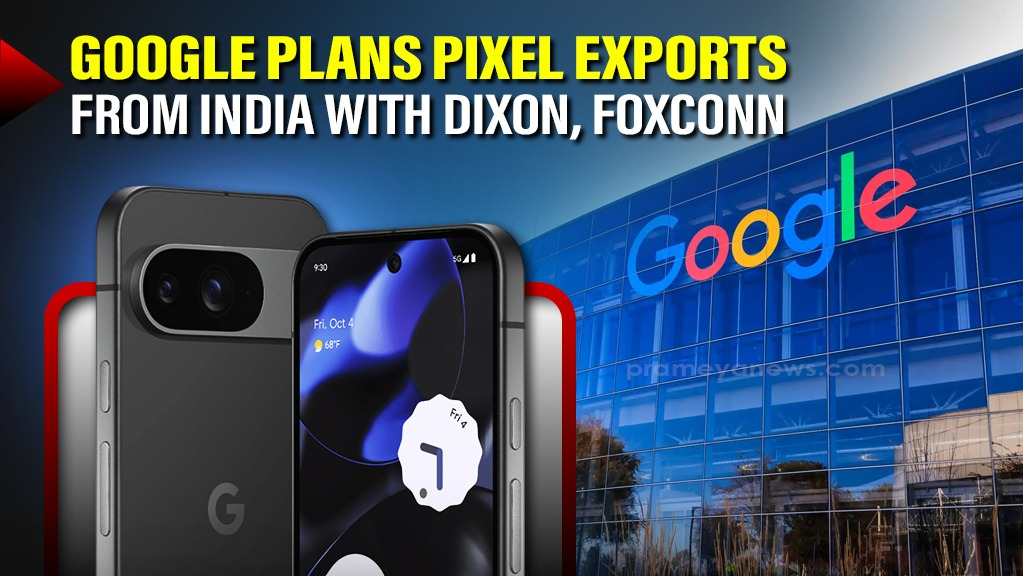Mumbai: In a significant corporate move, Zomato Limited, the parent company of India's popular food delivery platform, has announced its transformation to 'Eternal Limited.' The announcement, made by CEO Deepinder Goyal through a letter to shareholders, marks a new chapter in the company's evolution while maintaining the familiar Zomato brand for its food delivery service.
The Strategic Shift
According to Goyal's communication, the rebranding reflects the company's expanding business portfolio. "Our corporate website will transition from zomato.com to eternal.com. We will also change our stock ticker from ZOMATO to ETERNAL," he stated. The new identity will umbrella four major business verticals: Zomato (food delivery), Blinkit (quick commerce), District (dining out), and Hyperpure (B2B supplies).
Social Media Reactions
The announcement sparked immediate reactions across social media platforms. While some users expressed confusion, others showed resistance to change. "Kya bhai kyu naam badal rhe ho. My mom likes Zomato. It's a bit difficult to say Eternal," wrote one user. Another humorously commented, "Zomato aacha naam tha yaaaarr! Eternal Mai vo baat nahi hai. Aaj se Swiggy use karuga."
Following Tech Giants' Footsteps
This rebranding mirrors similar moves by tech giants. Facebook's transformation to Meta and Google's restructuring under Alphabet showcase a growing trend among digital companies to create broader corporate identities that better represent their diverse business interests.
Why Companies Rebrand: Understanding Corporate Name Changes
Corporate rebranding often serves multiple strategic purposes:
- Business Evolution Companies often outgrow their original names as they expand into new territories or services. When Facebook became Meta, it signaled the company's expansion beyond social media into the metaverse. Similarly, Eternal represents Zomato's growth from food delivery to a multi-vertical business empire.
- Strategic Repositioning Name changes can help companies distance themselves from negative associations or reposition themselves in the market. Philip Morris' transformation to Altria Group helped separate the corporate identity from its tobacco-focused origins.
- Organizational Restructuring New names often reflect organizational changes. Google's adoption of Alphabet as its parent company name helped create a clearer structure for its various subsidiaries and ventures.
- Modern Appeal Some companies change names to sound more contemporary or relevant. Kentucky Fried Chicken's switch to KFC made the brand more approachable and modern.
- Global Expansion Names that might work in one market could face cultural or linguistic challenges in others. A new name might better serve international ambitions.
Impact on Stakeholders
Corporate rebranding affects various stakeholders differently:
For Investors:
- Clearer understanding of the company's structure
- Better alignment with long-term vision
- Potential impact on stock performance
For Customers:
- Initial confusion about service changes
- Need for clear communication about brand relationships
- Maintaining trust and familiarity
For Employees:
- Adaptation to new corporate identity
- Potential changes in company culture
- Clear organizational structure
The Future of Corporate Identity
As companies continue to evolve in the digital age, corporate rebranding becomes increasingly common. Successful rebranding requires:
- Clear communication of the change
- Maintaining brand equity
- Ensuring stakeholder buy-in
- Smooth transition management
In Zomato's case, the company has emphasized that the consumer-facing brand remains unchanged, potentially minimizing customer confusion while allowing for corporate evolution.
The success of Zomato's rebranding to Eternal will depend on how effectively it communicates this change to various stakeholders and leverages the new identity to support its growth initiatives. As with any major corporate change, time will tell whether this strategic move achieves its intended objectives.








